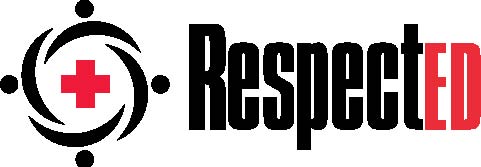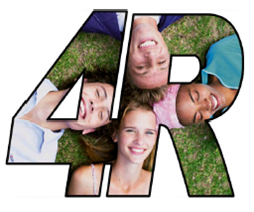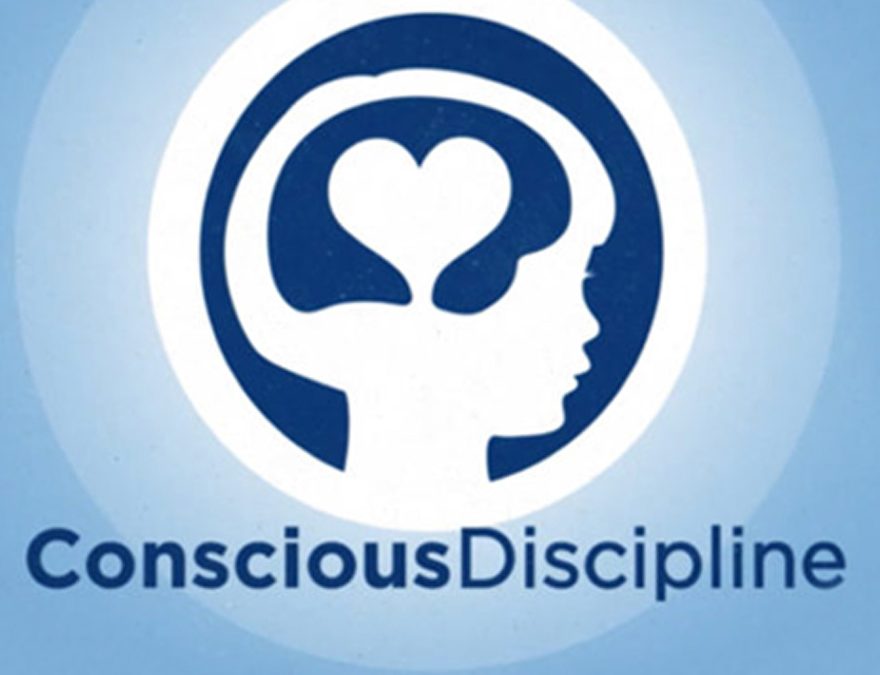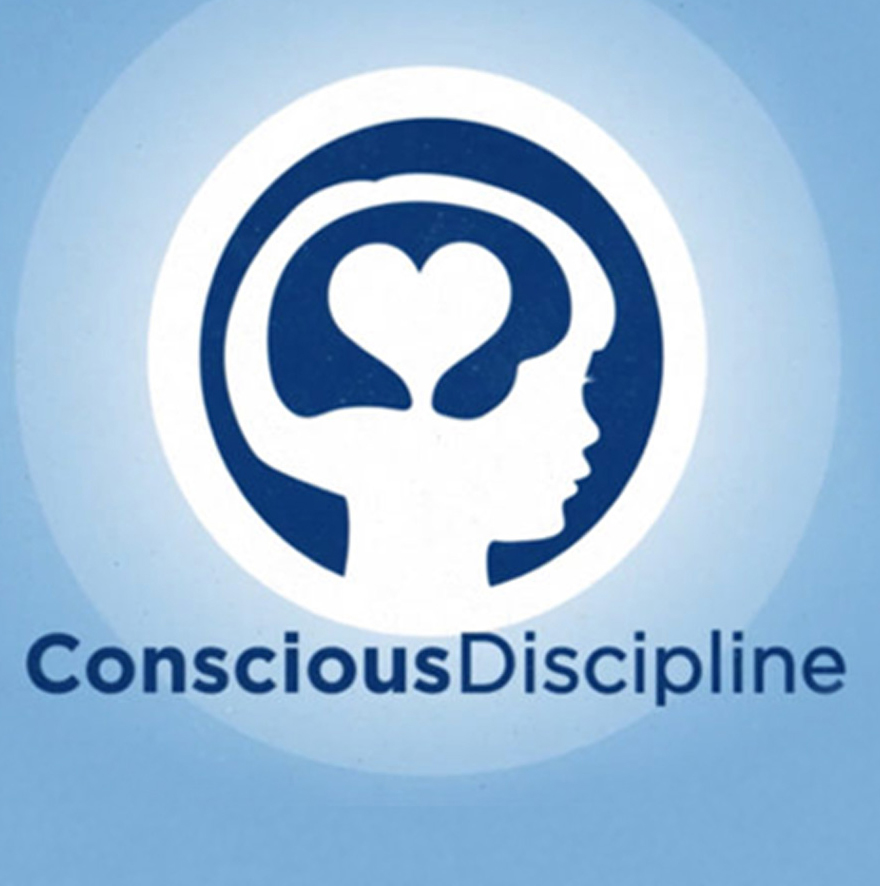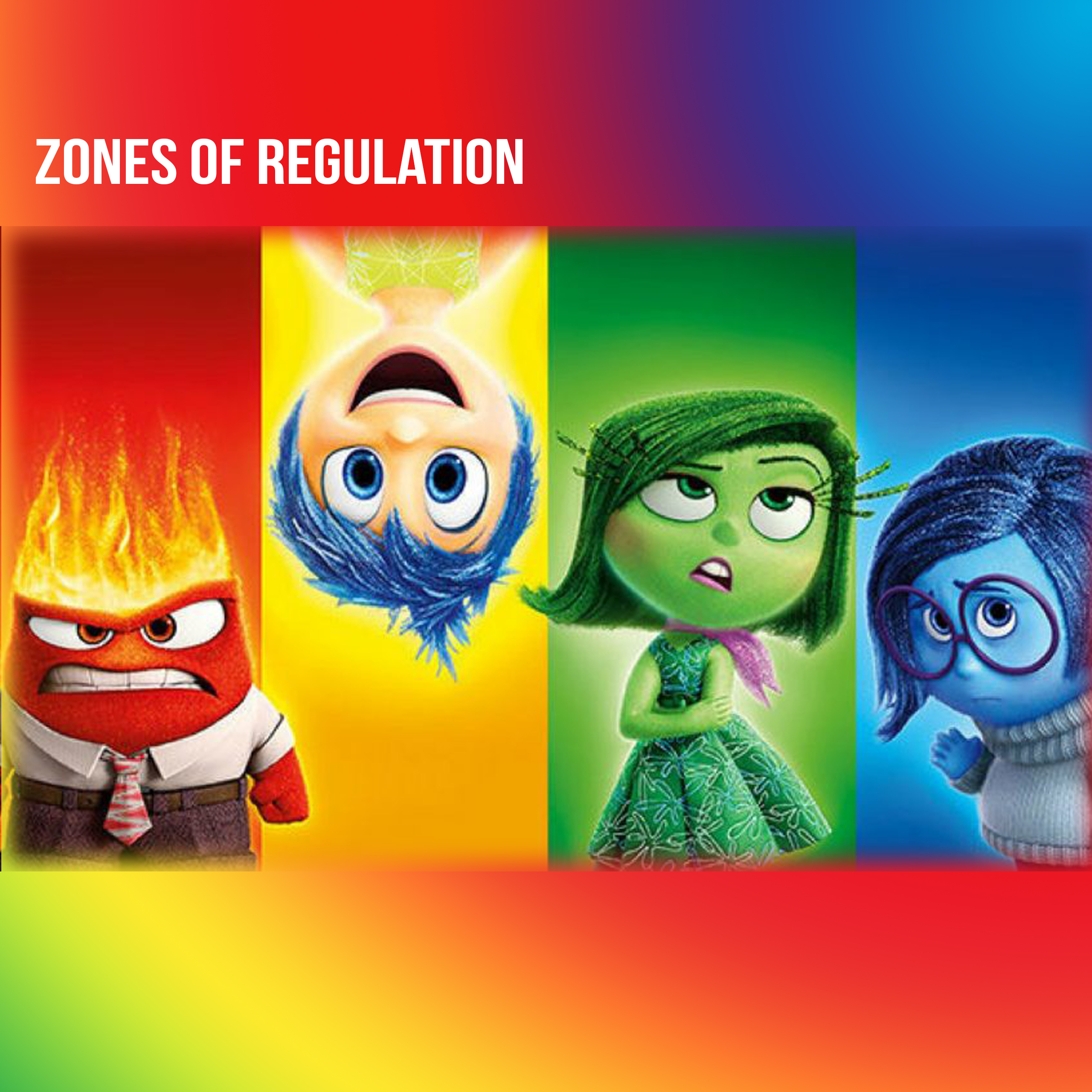- Seven Powers for Conscious Adults
The seven powers create a shift in the way adults see conflict so we can maintain composure and consciously respond to difficult situations. Adults’ ability to self-regulate is the precursor to teaching children social-emotional skills.
- Creating the School Family
The School Family increases connections between adults and children at all levels, ensuring optimal development and learning for all. A School Family culture is built through consistent modeling of routines, rituals and structures.
- Seven Skills of Discipline
These seven skills transform everyday discipline issues into teachable moments, equipping children with the social-emotional and communication skills needed to manage themselves, resolve conflict and develop healthy behavior.
There are some free resources, articles, podcasts and webinars available. You can also pay for resources, online courses and workshops.
